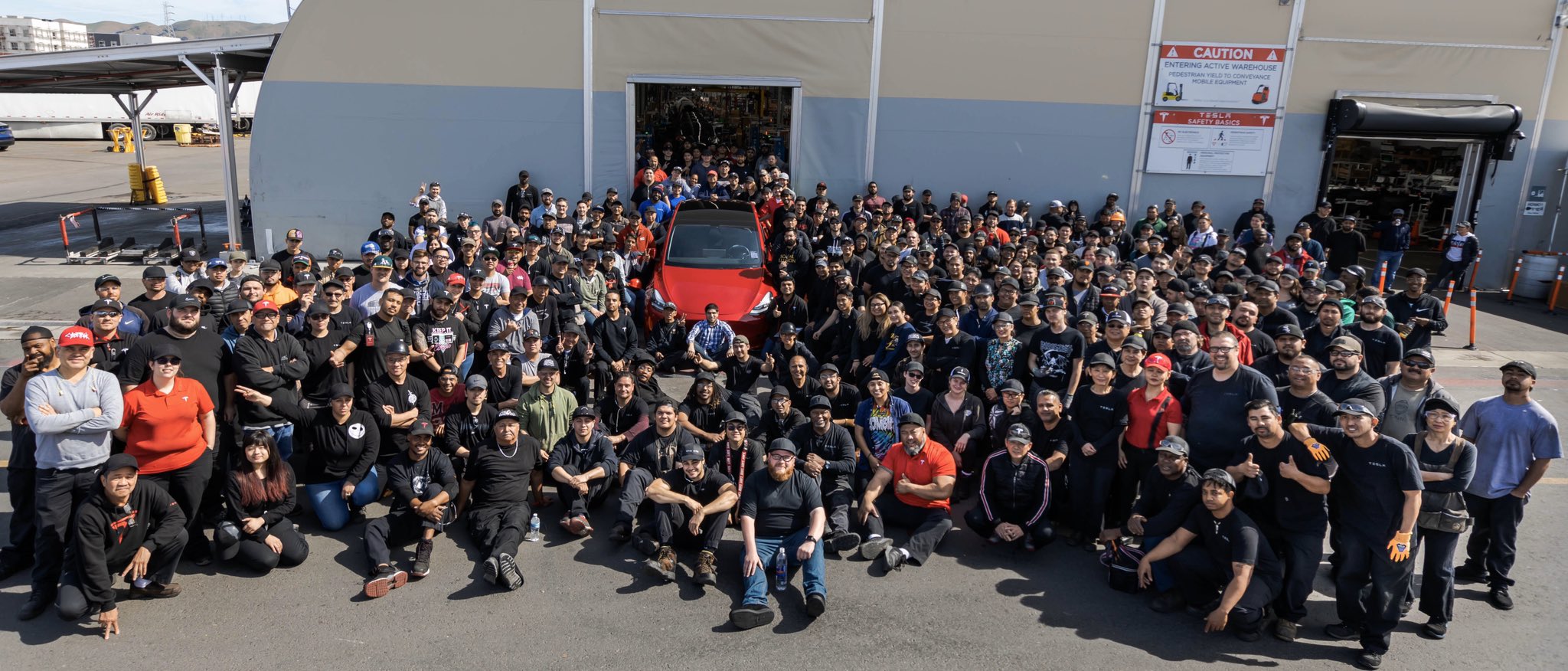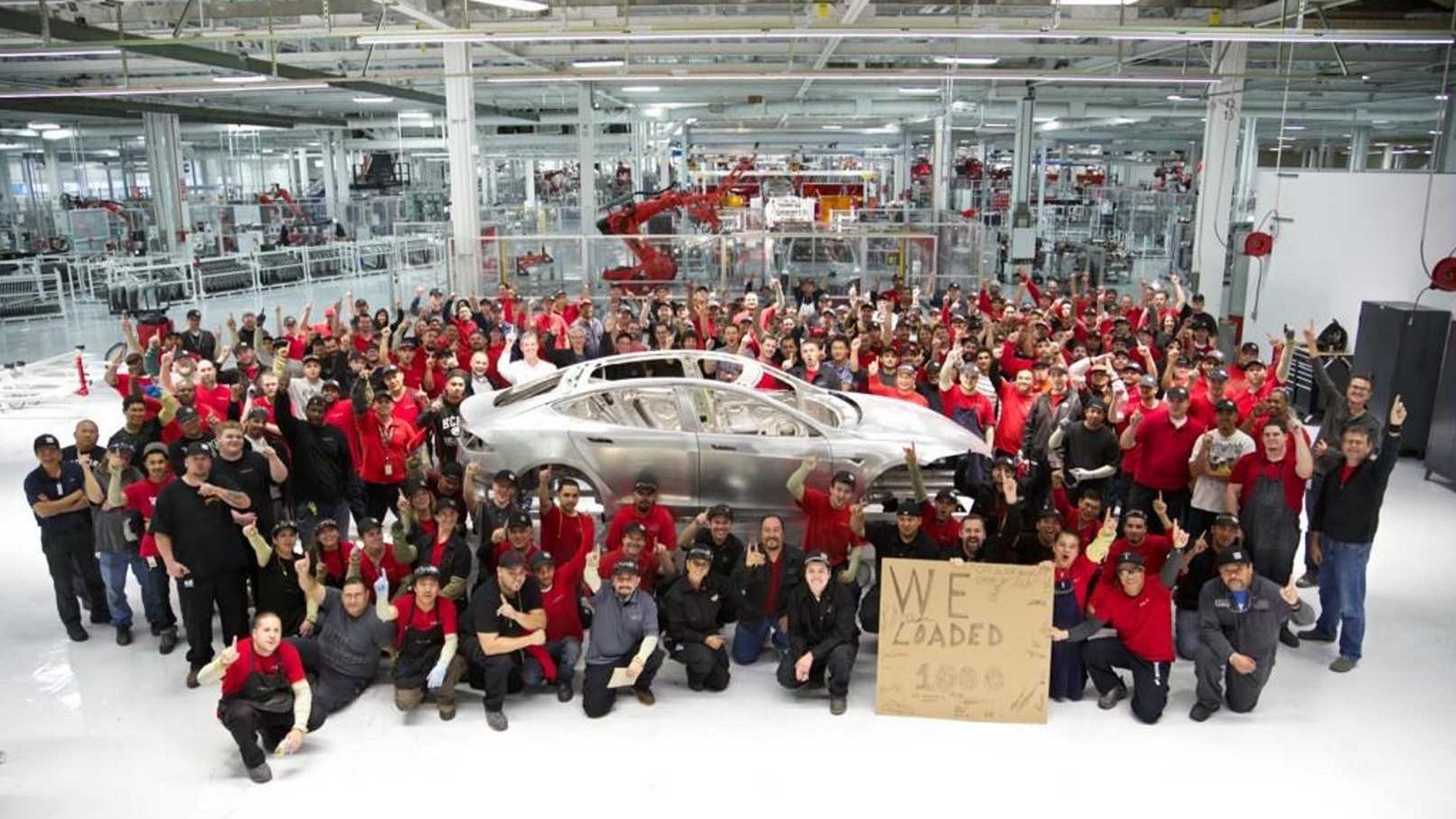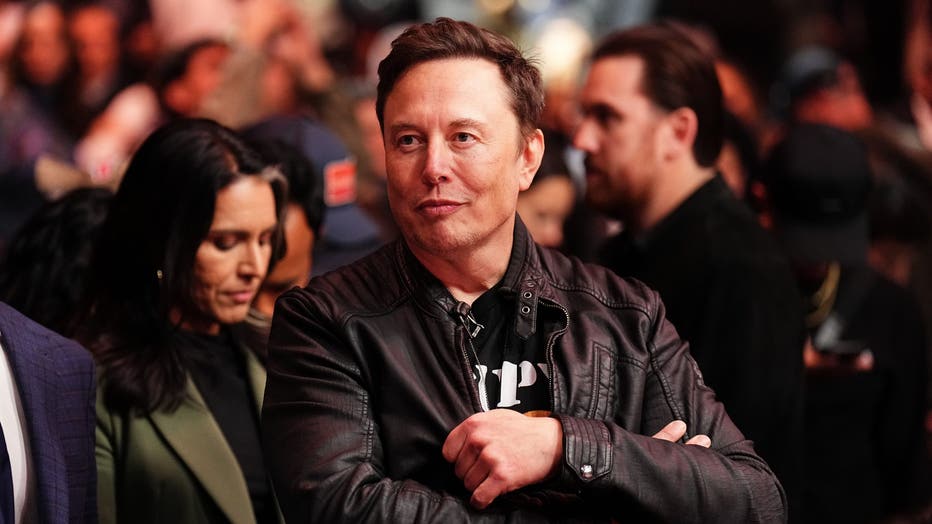
Elon Musk, the world's richest man, continues to be a subject of intense fascination, scrutiny, and criticism. His wealth has surged to unimaginable heights, with an estimated fortune that dwarfs the wealth of most countries. But despite his remarkable rise, Musk has found himself at the center of a growing controversy over Tesla’s compensation practices, particularly when it comes to the glaring contrast between his own record-breaking earnings and the relatively paltry wages of Tesla workers on the factory floor.
The situation raises crucial questions about the fairness and practicality of Musk's ideals of "equality" within the company, which he claims operates on a "flat" hierarchy.
At the heart of this ongoing debate is a multi-billion-dollar legal battle over Musk’s compensation package, which was struck down by a Delaware court in 2024. The court’s ruling stemmed from findings that the agreement was negotiated by directors too close to Musk, rendering the approval process flawed.

The legal challenge to Musk’s pay structure is one of the most talked-about corporate stories in recent times, revealing the deep fissures in a company that has grown to be one of the most valuable in the world.
In 2025, Musk continues to fight for the reinstatement of a $56 billion compensation package that the court deemed “unfathomable.” This astronomical sum, which was tied to ambitious performance targets that Musk himself set, would have made him the highest-paid executive in history.
The package came under fire for being negotiated by Tesla's board, many of whom are considered too closely tied to Musk to remain objective. Chancellor Kathaleen McCormick, who oversaw the ruling, made it clear that the package lacked proper oversight, and shareholders were misled by faulty disclosures during the approval process.
While the compensation deal has garnered significant attention for its sheer size, the broader issue remains Tesla’s workforce pay disparity.

According to Tesla’s filings, Musk reported a total compensation of zero in 2022, on paper at least. The company claimed that he did not take home any salary, bonuses, or stock grants. However, a closer look at Tesla’s financials reveals a more nuanced reality.
In 2021, Musk exercised a massive batch of stock options that had been set to expire, netting a staggering $23.45 billion in gains. This one-time windfall pushed Musk's “realized compensation” for 2021 to a mind-boggling $734.76 million.
Even with this apparent zero on paper in 2022, Musk's total earnings remain astronomical, and Tesla’s stock-based compensation system continues to benefit him disproportionately.
The contrast becomes even more glaring when we consider the workers who are actually building Tesla’s electric vehicles in factories across the United States. While Musk’s pay packets are worth billions, factory workers in Tesla's plants in Texas and Nevada are reportedly earning as little as $22 an hour, with some on the upper end of the pay scale making just $39 per hour.

These numbers reveal a stark disparity between Musk’s compensation and the wages of those driving the company’s success.
Musk has long espoused the idea that Tesla operates as a "flat" organization where there is no hierarchy—no ivory towers separating workers from management. “Everyone eats the same food, uses the same restrooms, etc. — no executive chef or other ivory tower stuff,” Musk wrote in a post on X in 2022.
He has repeatedly claimed that there is no class divide at Tesla, framing the company’s culture as one that thrives on shared experiences and values.
However, the reality of Tesla’s compensation structure suggests a very different story. While Musk’s claims of equality may sound admirable in theory, the vast gulf between his compensation and that of the factory workers indicates that there is, in fact, a deep-rooted two-class system.
The CEO-to-median-worker pay ratio at Tesla has fluctuated dramatically over the years.

In 2021, Musk’s pay was reported as 18,043 times higher than that of the median Tesla employee, based on the median salary of around $40,000 that year. This eye-popping ratio demonstrates just how far removed Musk’s earnings are from those of the workers who are responsible for Tesla’s daily operations.
Tesla’s critics point out that while the company’s valuation has soared, its employees have not shared in the same rewards. Factory workers, particularly those on the lower end of the pay scale, have seen little benefit from Tesla’s explosive financial success. In some cases, wages have even been reduced.
Reports have surfaced that workers in the company’s factories are facing increased pressure to work harder, faster, and longer, all while struggling to make ends meet. While Tesla’s stock price continues to climb, it seems that the workers are left to deal with the growing disparity in wealth.
Musk’s supporters argue that his compensation is tied to performance-based milestones, which they believe is the key to his continued success. Tesla has transformed the global automotive market and taken a dominant position in the electric vehicle (EV) space, and Musk’s earnings are a reflection of the immense value he has created for shareholders.
As Tesla’s stock soared, so did the value of Musk’s stock options, making him one of the wealthiest individuals in the world.
But while performance-based compensation is common in many companies, it also brings with it a range of ethical and practical concerns. Critics argue that Tesla’s system of stock-based compensation has disproportionately benefited Musk and a select few top executives while leaving the workers who are directly involved in manufacturing and production at the bottom of the pay scale.
Moreover, the fact that Musk’s compensation package was tied to performance targets that he himself set raises questions about whether those targets were truly achievable or merely a way to inflate his earnings. The fact that Musk has consistently pushed for higher compensation, even when workers’ pay remains stagnant, only fuels the growing resentment over the company's practices.
Tesla’s mission has always been to accelerate the world’s transition to sustainable energy. Musk has framed Tesla as a company that is not just about profit but about changing the world for the better.

Yet, the company's labor practices stand in stark contrast to the values Musk espouses. The disparity between Musk’s fortune and the wages of his workers raises uncomfortable questions about the true nature of Tesla's "equality."
For many, the disconnect between Musk's claims of creating a “flat” organization and the reality of pay inequality is hard to ignore. Tesla's workers, who spend long hours assembling electric vehicles, are not sharing in the fruits of the company’s success.
As Musk continues to fight for the reinstatement of his $56 billion pay package, the workers who power his empire remain far from equal in terms of compensation. And despite Musk's lofty ideals of eliminating class divisions, the evidence paints a different picture.
In the midst of this battle, one thing remains clear: Musk’s massive compensation, which would make most billionaires envious, stands in stark contrast to the wages of the workers who are helping to build Tesla’s empire. This is a story that is far from over, as Musk continues to face legal challenges over his pay package and Tesla’s workers continue to fight for fairer wages and a more equitable share of the company’s success.
Whether or not Musk can reconcile his vision of a “flat” organization with the reality of corporate pay disparity remains to be seen. What is clear, however, is that the debate over pay inequality at Tesla is far from finished—and it is one that will continue to capture headlines for the foreseeable future.
-1747734794-q80.webp)
-1747904625-q80.webp)
-1747623652-q80.webp)
